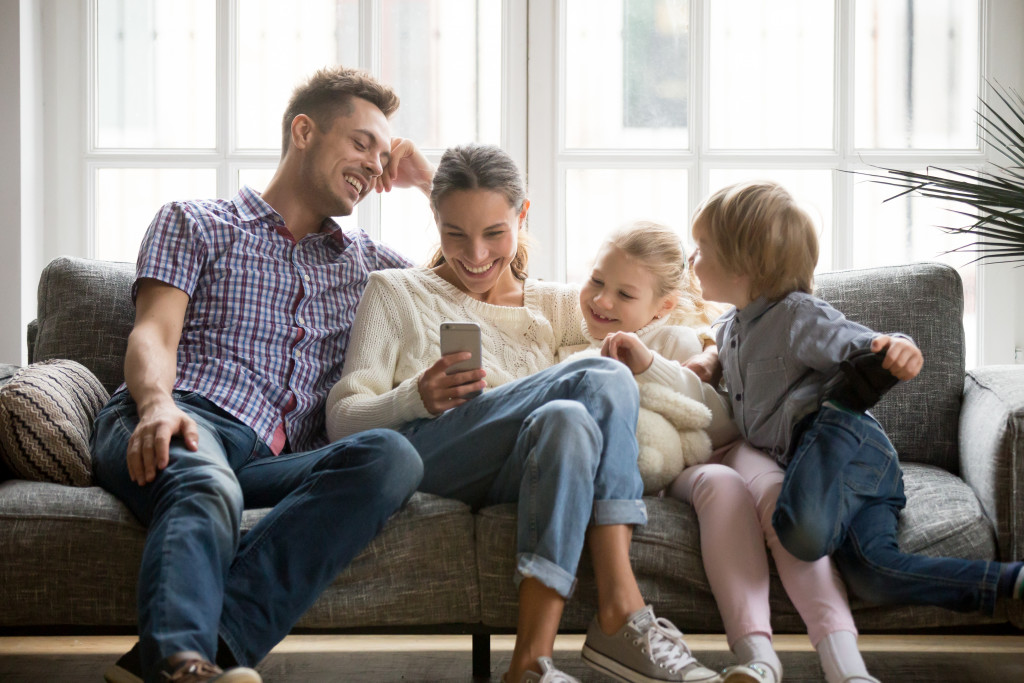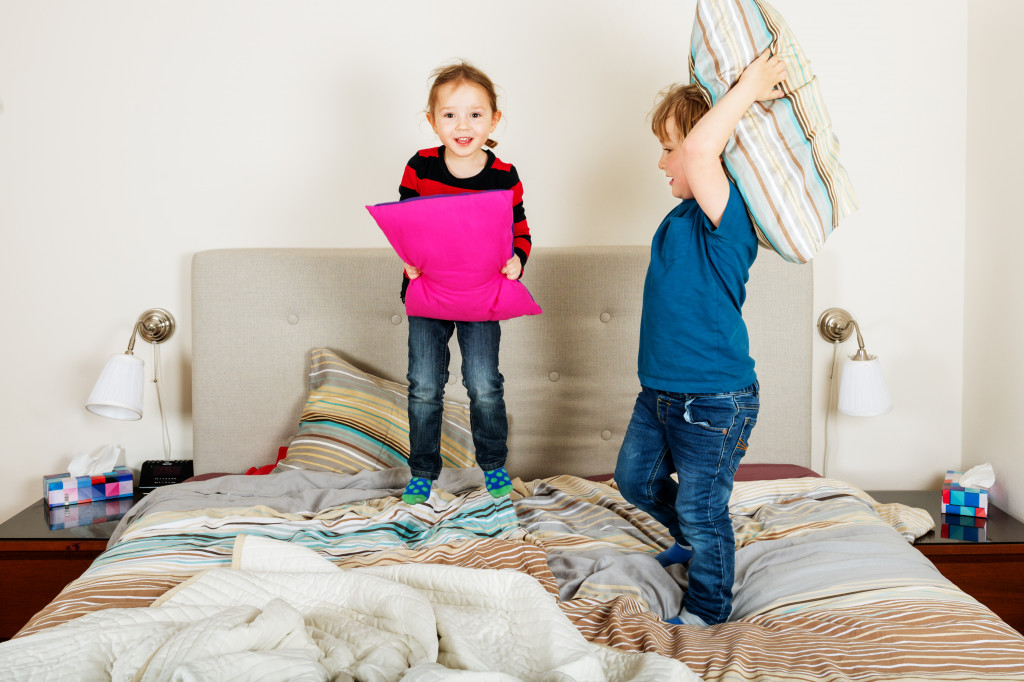Children don’t have the same emotional and mental resources that adults do. Where adults might have a level of resilience, kids don’t have the same wherewithal to move on just as quickly after the tumultuous year and a half that we’ve experienced.
They might not show signs of being affected now. But the adverse long-term effects of the pandemic on their mental and emotional health might rear their ugly head later. While schools are open again in many states, your kids still lost a year and a half of normalcy. Here are some pointers to help your kids get back on track and feel a semblance of regularity as the pandemic comes to a close.
Get back to doing yearly family traditions and events
Now that the United States is slowly but surely starting to get back to the swing of things, now is also the time to employ the same yearly traditions that your family once enjoyed.
The cooler months are here. That means the perfect time to do your annual holiday traditions, like going to Halloween events for families and throwing a fun but intimate Thanksgiving dinner with relatives and friends. If these were holiday festivities that you could not do last year at the height of the pandemic, 2021 is the year to get back on the saddle.
Keep your communication lines open
All children are different, which means how you approach every one of your kids should also vary. Some kids can verbalize their pain or discomfort, while others need more help.
However, the general rule is that kids need to talk about how difficult the past year has been. This is called debriefing, and it’s a process used by mental health professionals to help individuals manage their trauma after a significant loss or failure.

This need not be a complicated process. You don’t need to armchair diagnose your kids if you don’t have the qualifications. Much of debriefing and grief management is just listening and asking questions. Here are some tips to help your kids navigate the past year and a half:
- Ask them how they are, and be ready to listen. Let your kids talk freely about how they felt about online classes and how hard it has been for them. Ask them open questions that need to be answered beyond a simple yes or no.
- When they have questions, answer them as honestly and kindly as possible. Whether it’s about people in your lives that you lost or about the family’s current financial situation, it will do no one any good if you lie to them to make them feel better. Just make sure to sandwich the truth between loving assurances that no matter what, they will be OK and that mom or dad is doing everything they can for that to happen. If you don’t have an answer to their question, it’s OK to be honest about that, too. Tell them that you will figure it out together.
- Express support and love. Encourage them in this new chapter by assuring them that you have their backs no matter how the pandemic pans out.
Maintain the healthy routines you built during the quarantine
If you managed to create healthy routines at the height of the COVID-19 crisis, make sure to maintain those habits even if your kids go to face-to-face classes again. Encourage them to wake up early, feed them healthy and nutritious meals, and schedule regular family bonding times together. Even if it’s something as simple as having dinner together—this is an activity that is crucial to your kids’ overall development and health. Make sure it’s non-negotiable and that these family dinners happen at least four times a week.
Build an organic friendship with them
And last but certainly not least, make sure that you build an honest relationship or friendship with your kids. The family dinners, activities, and serious talks won’t mean much if they don’t trust you or are scared of you. Your kids need to know that you love them and that they have a safe place to land when things fall apart again, and that can’t happen if you don’t have a healthy relationship.
The past year and a half were not the new normal; they were abnormal. We human beings were not built for social isolation and loneliness, and if you as an adult were affected by the lockdowns, then you can be sure that your kids were, as well. Support them as they go back to school and let them know they have you to rely on as the pandemic continues.

